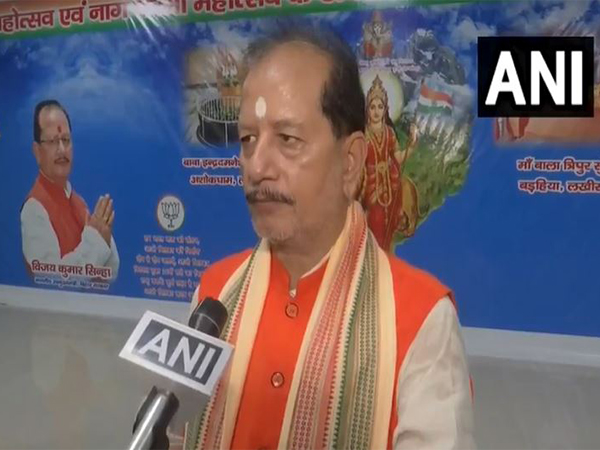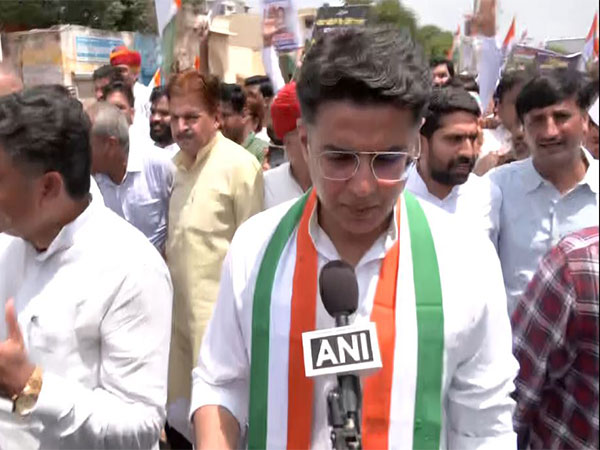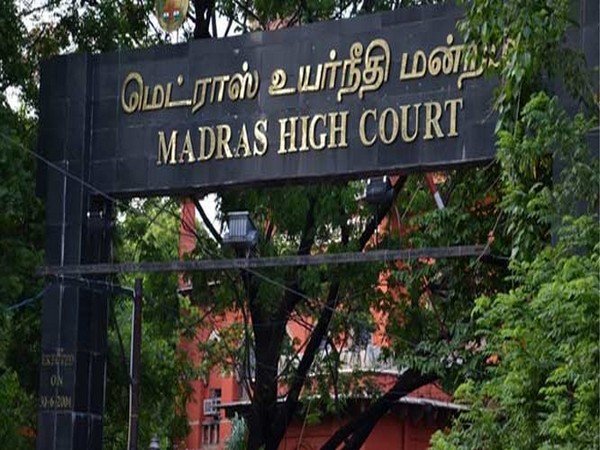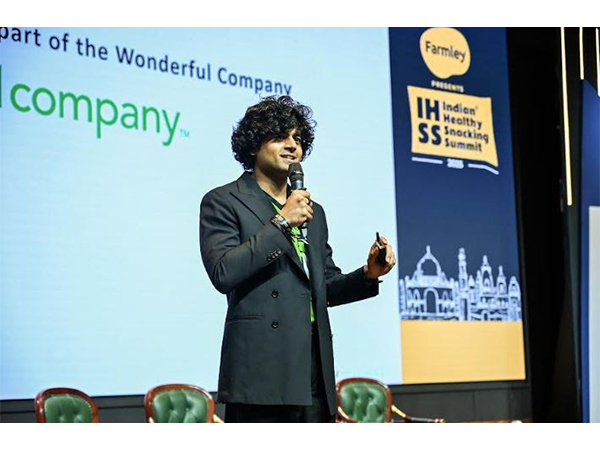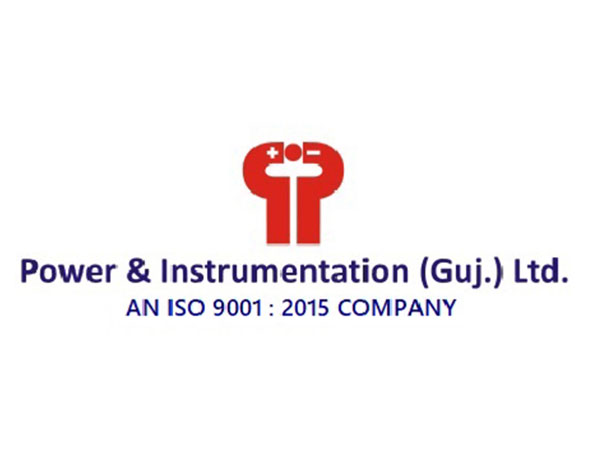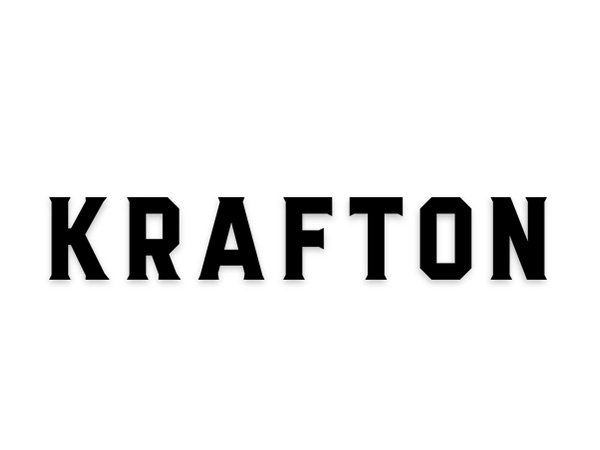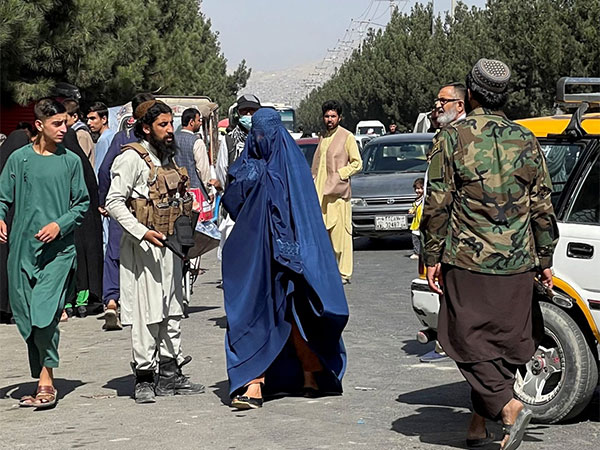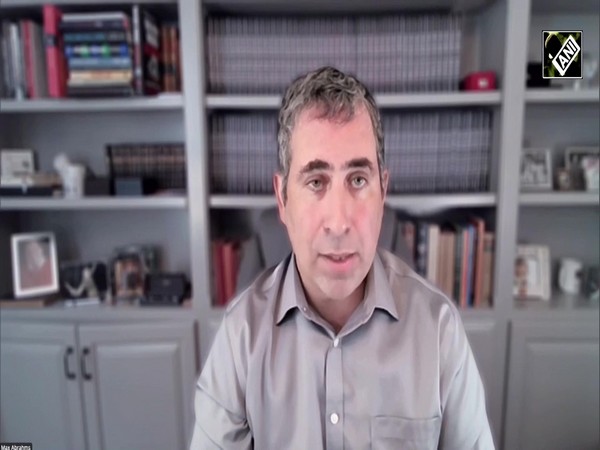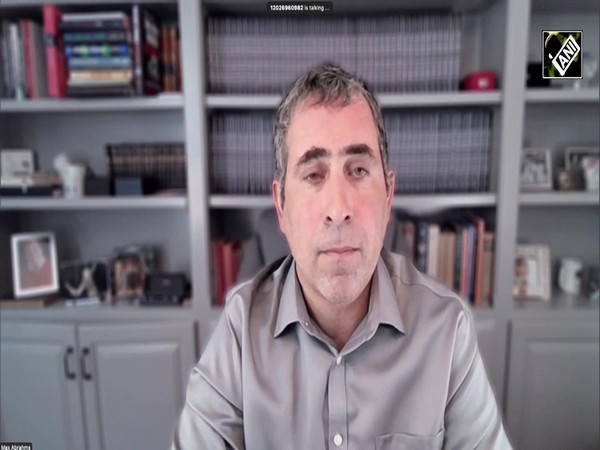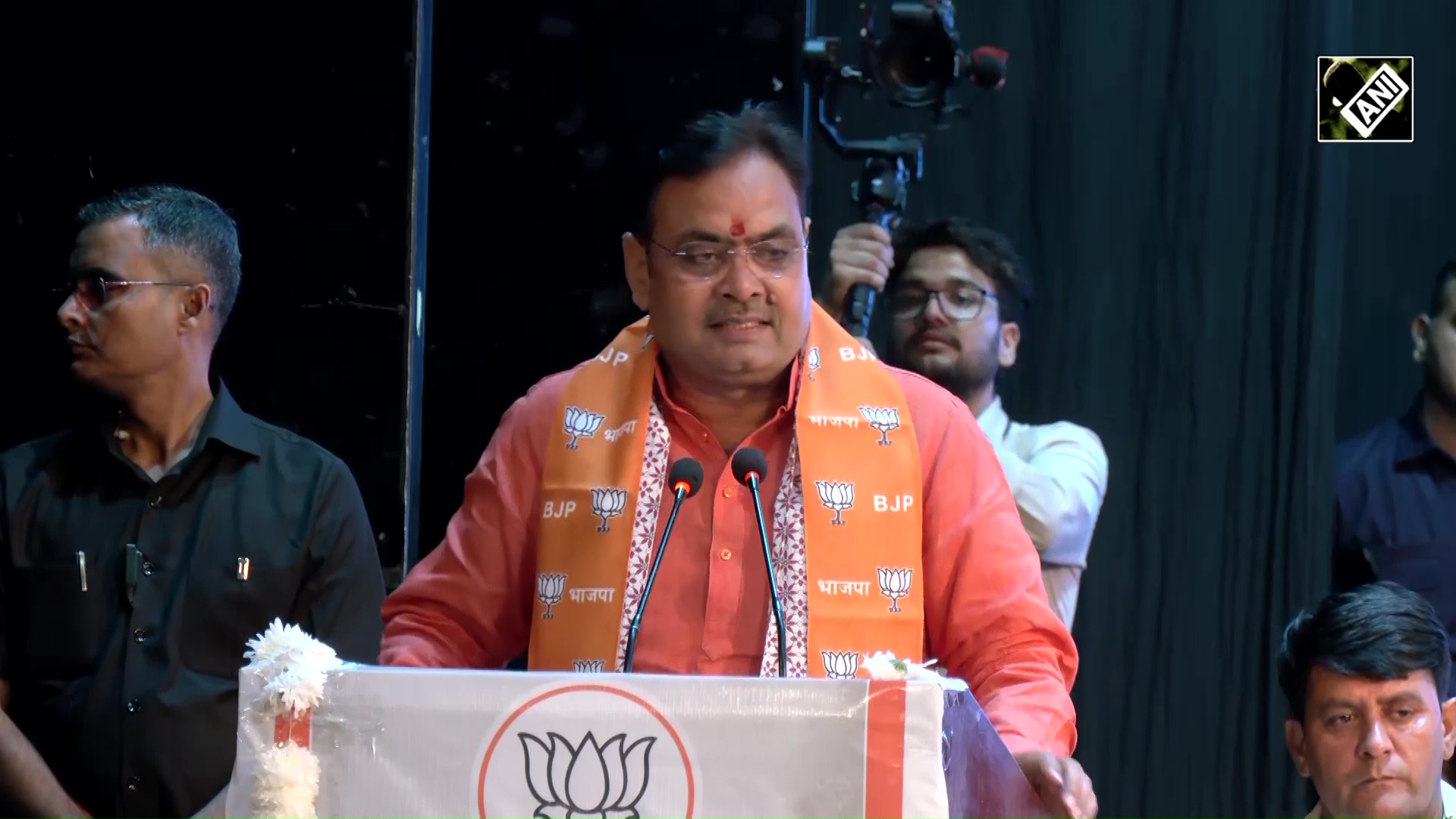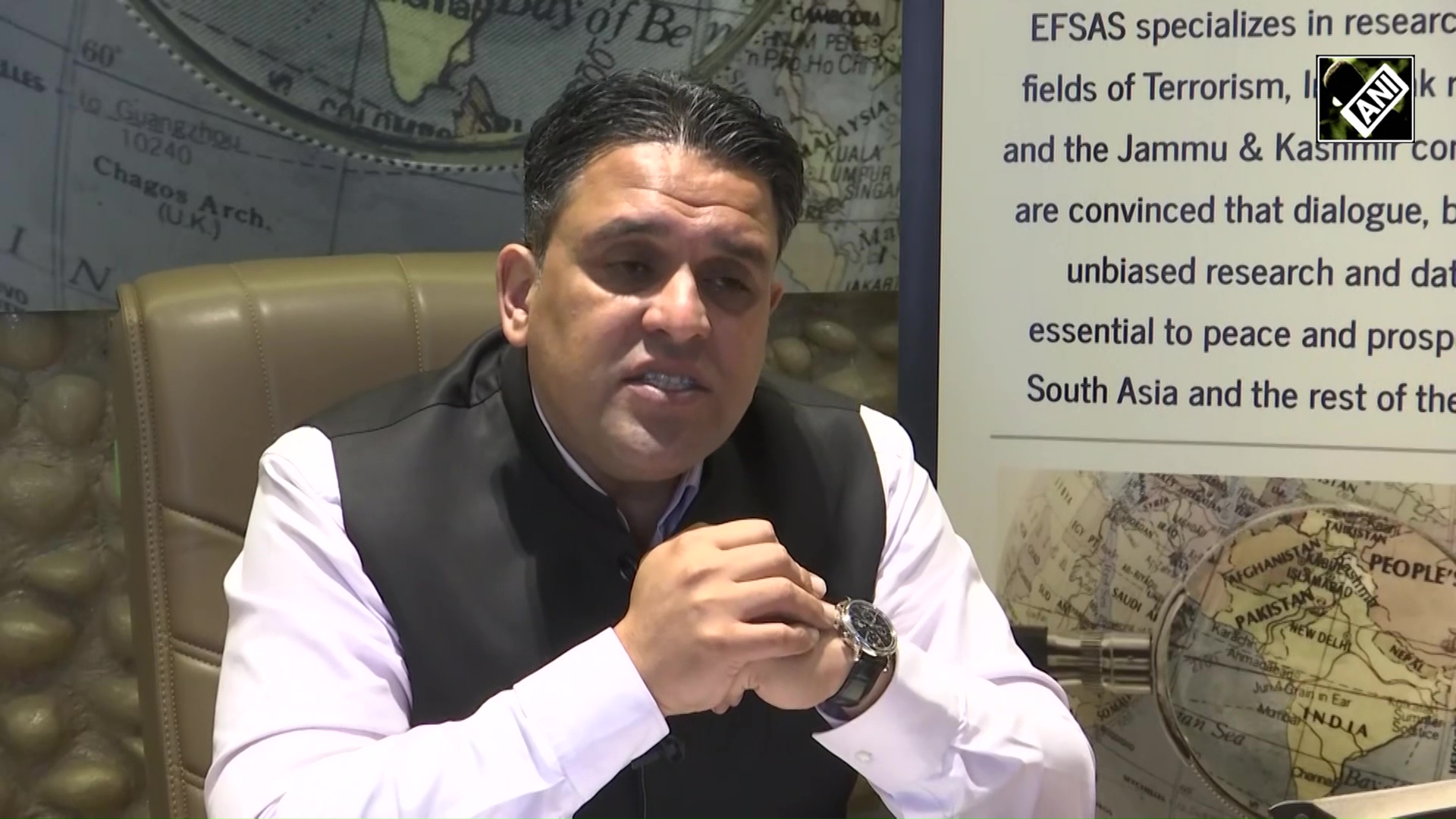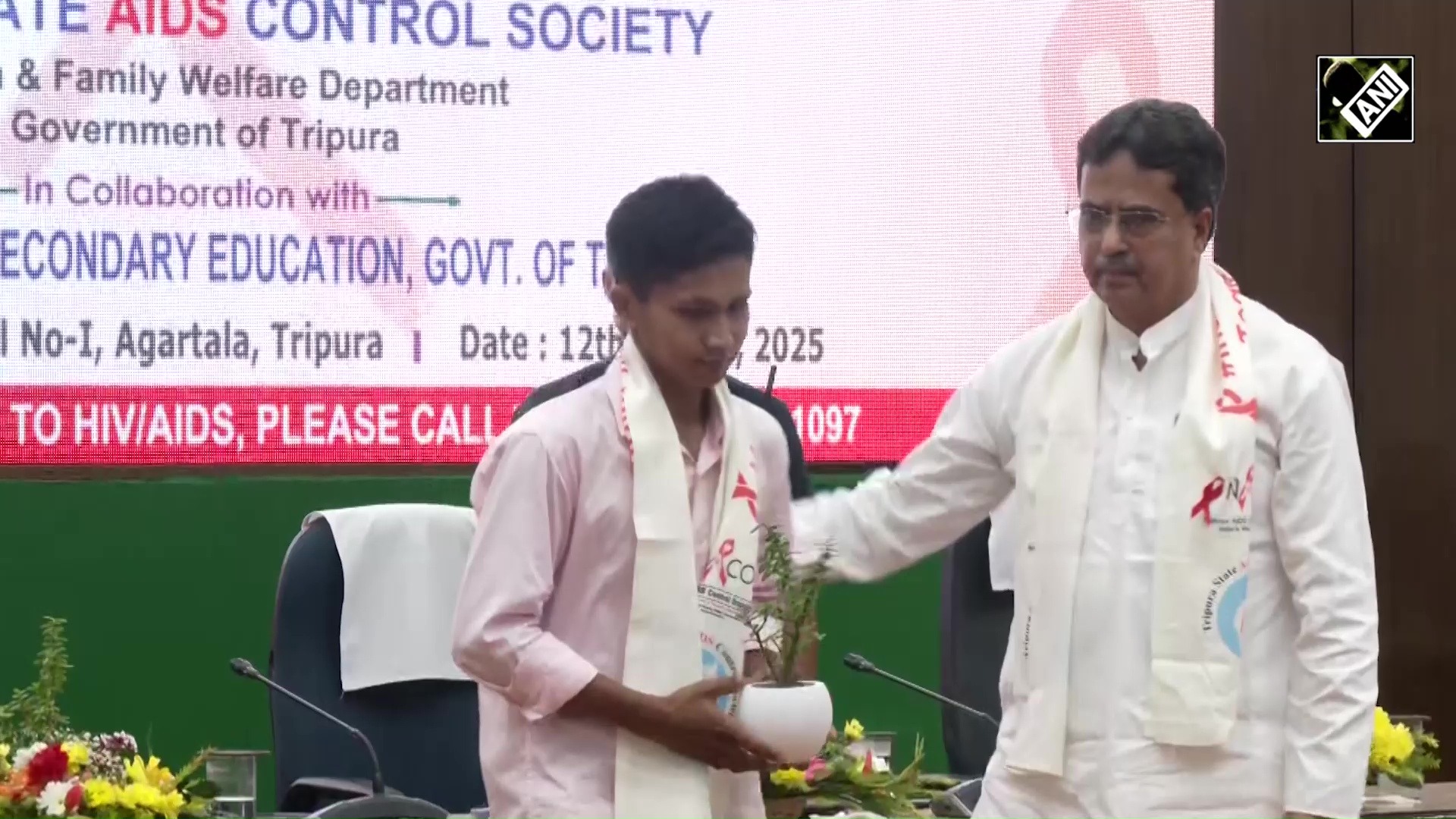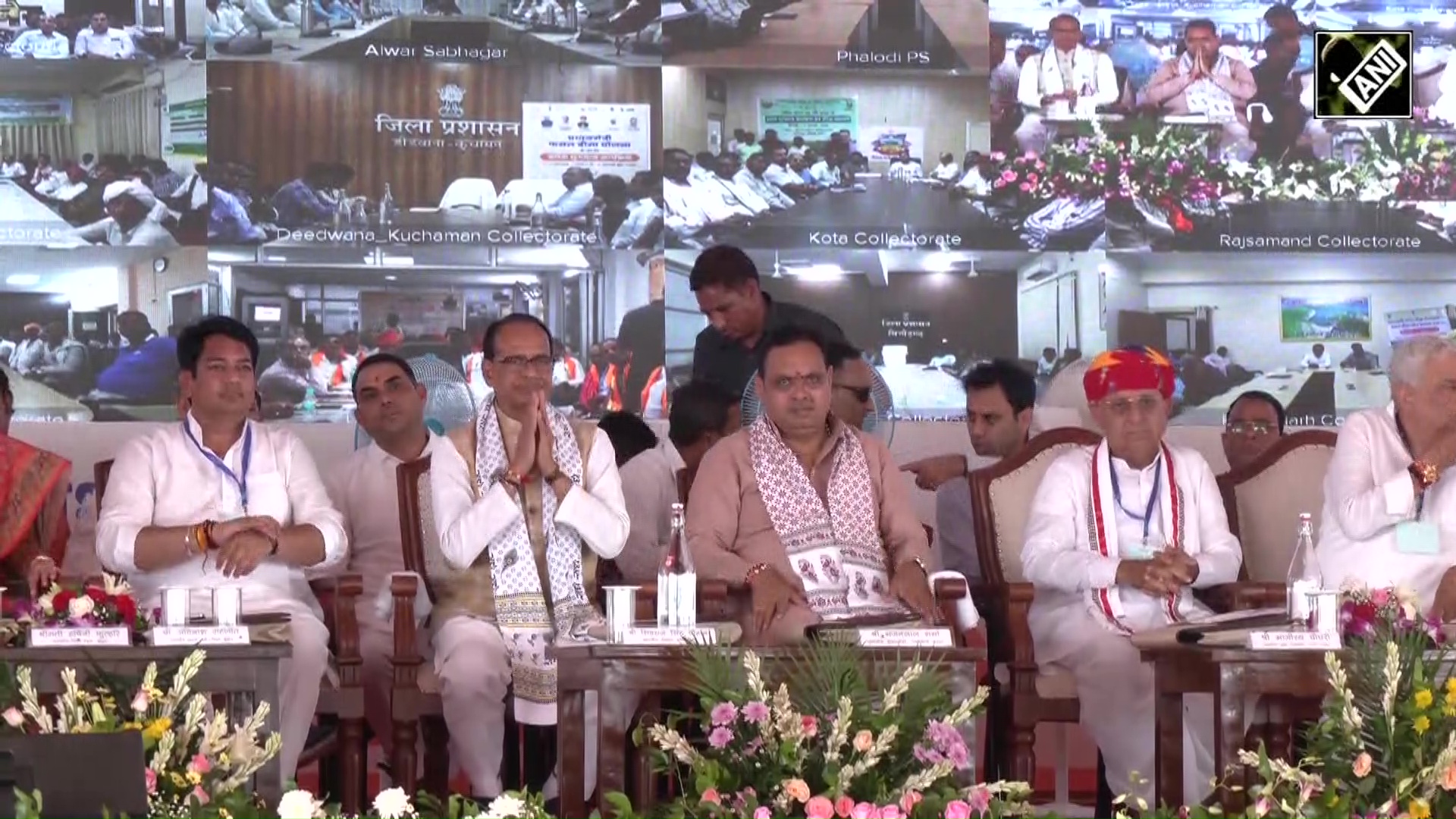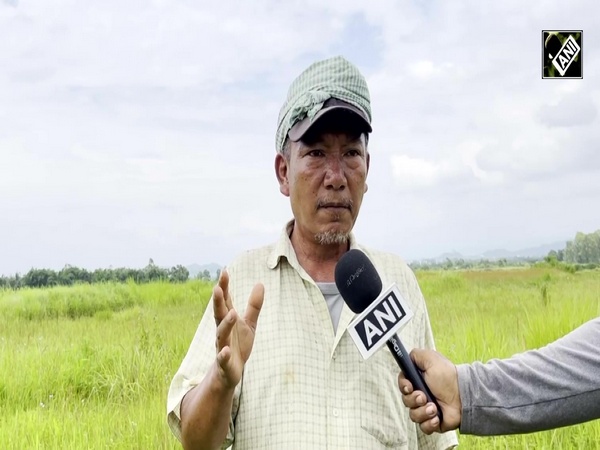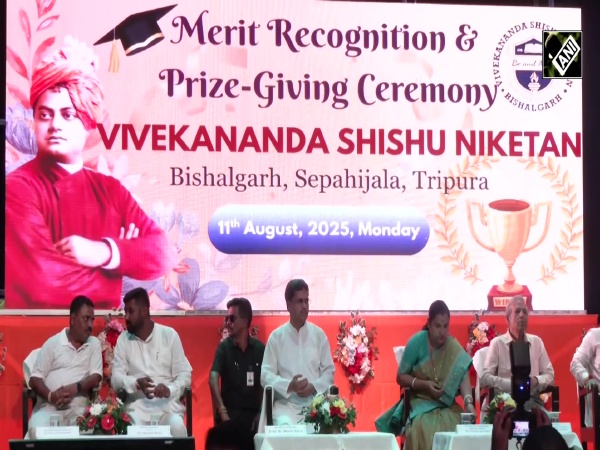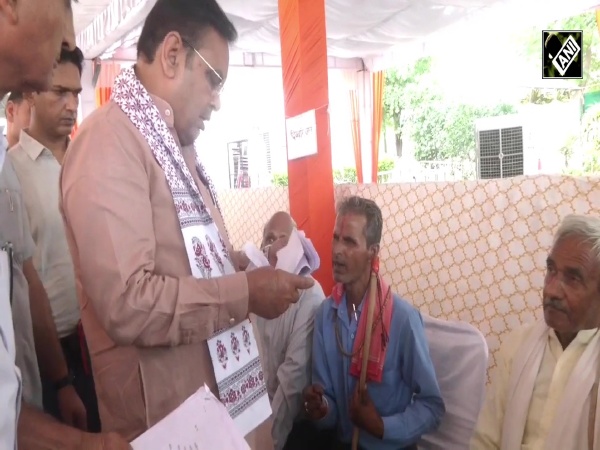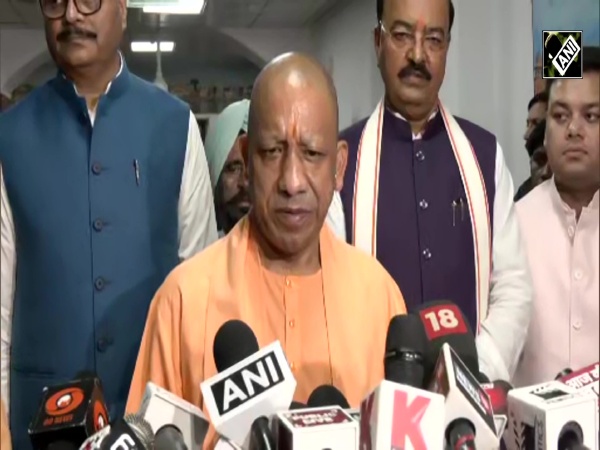"Collective responsibility of MPs to maintain dignity, decorum of Parliament": LS Speaker Om Birla
Dec 20, 2024

New Delhi [India], December 20 : Lok Sabha Speaker Om Birla delivered his valedictory address on the concluding day of the third session of the 18th Lok Sabha and underscored the importance of maintaining the dignity and decorum of the Parliament.
"It is the collective responsibility of all the members to maintain the dignity and decorum of Parliament," Om Birla said.
The Speaker stressed that it is not appropriate to stage dharnas or demonstrations at any of the gates of the Parliament.
He noted that in case of violation of such norms, the Parliament has the right to take necessary action to maintain its decorum and dignity and urged the members to ensure compliance with the rules under all circumstances.
He reminded Members of Parliament (MPs) that it is their collective responsibility to ensure that the house functions in a respectful manner, without disruptions such as dharnas or demonstrations at any of the gates of Parliament.
The Speaker warned that any violation of these norms could lead to necessary actions by Parliament to safeguard its decorum and dignity. He called on all MPs to adhere strictly to the rules under all circumstances.
This comes after the Parliament witnessed parallel protests from both the Treasury and Opposition benches outside the parliament on Thursday morning. The ruling BJP MPs were protesting in the Parliament's premises against the Congress party for "insulting" Babasaheb Ambedkar.
INDIA Bloc MPs led by Rahul Gandhi held a protest in the Parliament premises and demanded the resignation of Union Home Minister Amit Shah over his remarks on Babasaheb Ambedkar.
Leaders from both sides alleged pushing and shoving by each other, while two BJP MPs, Pratap Sarangi and Mukesh Rajput were injured. Both the MPs were rushed and admitted to Delhi's Ram Manohar Lohia Hospital.
The third session of the Lok Sabha, which lasted for approximately 62 hours, saw 20 sittings held.
The productivity of the House during this period was reported at 57.87 per cent.
The major highlight of the session was the discussion on the "Glorious Journey of 75 years of the Adoption of the Constitution of India," which took place on December 13 and 14, 2024.
During this session, five government bills were introduced, and four of them were successfully passed.
In addition, 61 starred questions were answered orally, and 182 Matters of Urgent Public Importance were raised by MPs during the Zero Hour.
A total of 397 matters were also taken up under Rule 377.
On November 28, 2024, two newly elected Members took their Oath of Office. The session also witnessed the visit of a Parliamentary delegation from Armenia, led by HE Alen Simonyan, President of the National Assembly of the Republic of Armenia, on December 17, 2024.
The session's productivity, legislative outcomes, and international diplomatic engagements were highlighted as significant achievements, as Speaker Om Birla concluded his address, urging members to continue working together for the betterment of the nation while maintaining standards of parliamentary conduct.
The Winter Session of Parliament, held from November 25 to December 20, 2024, saw significant legislative activity with the government focusing on various crucial issues.
While some bills were passed into law, others were introduced or progressed in discussions. The session reflected the government's continued efforts to address pressing matters across sectors.
According to PRS Legislative Research, during the session, two key bills were passed by Parliament. The Bharatiya Vayuyan Vidheyak, 2024, which replaces the Aircraft Act, of 1934, aims to modernize the regulatory framework governing civil aviation while retaining most provisions of the original Act.
The Appropriation (No. 3) Bill, 2024, another notable legislation, authorizes additional expenditure from the Consolidated Fund of India for the fiscal year 2024-25. As a Money Bill, it was passed by the Lok Sabha and deemed approved by the Rajya Sabha without amendments. This bill was introduced during the Budget Session, 2024.
Five new bills were introduced during this Winter Session, targeting various legislative priorities. The Constitution (129th Amendment) Bill, 2024, seeks to enable simultaneous elections to the Lok Sabha and state legislative assemblies, a significant step towards electoral reforms. The bill however was moved to a Joint Parliamentary panel on demand by opposition parties.
Similarly, the Union Territories Laws (Amendment) Bill, 2024, aims for synchronized elections for the legislatures of Puducherry, Delhi, and Jammu and Kashmir alongside Lok Sabha polls. Both bills have been referred to a Joint Parliamentary Committee for further examination.
The Merchant Shipping Bill, of 2024, introduced on December 10, proposes reforms to replace the Merchant Shipping Act, of 1958. It focuses on ship registration, maritime training, seafarer welfare, and pollution control.
Another maritime-focused bill, the Coastal Shipping Bill 2024, seeks to regulate vessels engaged in trade within India's coastal waters and is pending in the Lok Sabha.
Progress was also made on bills introduced in earlier sessions. Legislation such as the Banking Laws (Amendment) Bill, 2024, was passed by Lok Sabha. Railways (Amendment) Bill, 2024, and Disaster Management (Amendment) Bill, 2024 were also advanced through one House.
Several other older bills, including the Pesticide Management Bill, 2020 and the Indian Medicine and Homoeopathy Pharmacy Bill, 2005, continue to await resolution. These examples highlight the extensive legislative backlog and the complexity of parliamentary deliberations.
As the session concluded, 33 bills remained pending in Parliament. This includes newer introductions like the Carriage of Goods by Sea Bill, 2024, as well as older proposals such as the Seeds Bill, 2004, and the Delhi Rent (Amendment) Bill, 1997, which have been under consideration for decades.
